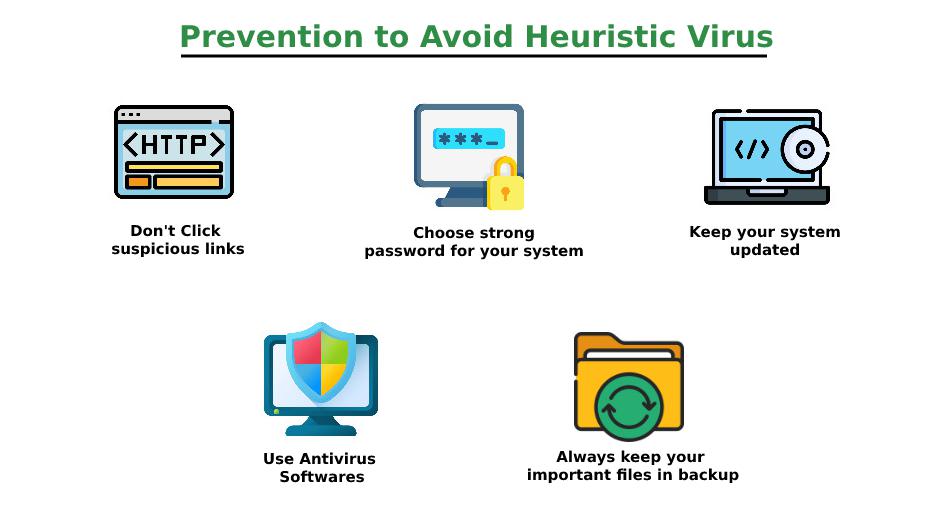A heuristic virus is a type of computer virus that replicates by guessing. It does this by analyzing what it perceives as the user’s behavior and creating an infection that tries to mirror it. The aim of viruses like these is to make the user feel as if their data are being collected, so they could be sold to advertisers. There is no real profit in this platform, but it can still lead to some serious problems like hacking or identity theft.
Heuristic Virus:
Heuristic viruses are tricky because they must not be written by any programmer; instead, they need a large set of examples from which they learn how people use their computers and then create copies based on these behaviors. This means that no two heuristic viruses are identical, and they are always changing. If a person is infected by a heuristic virus, they will notice a sudden increase in pop-up windows, advertisements, and links to websites that they have never visited before. They might also notice that their privacy settings have been changed without them doing it themselves. If the user tries to exit or remove these intrusions, more pop-ups will appear to try to get the user back on the site where the virus is hosted so that it can collect more data from them and create more copies of itself.
Heuristic viruses are becoming increasingly difficult to remove because their code is constantly changing. Using a regular antivirus program or spyware removal tool will combat them, but will not remove them completely. This is because the detection tools have been created based on old virus codes and do not recognize the new heuristic codes being used today. Instead, a manual removal process must be performed to ensure that there is no trace of the virus left on the computer.
To get rid of a heuristic virus, you need to first back up your data and fully scan the system for all traces of malware. Next, you must identify the sites on which the infection is hiding. You should then remove the offending site and run a full virus scan to remove all unwanted files. In this way, your computer will be virus free once more.
Key Points:
- Heuristic viruses are difficult to detect, identify, and get rid of.
- They can cause identity theft and hacking, so their existence poses a serious threat to the users’ computers.
- Heuristic viruses do not cause permanent damage to your computer, but they can be damaging in the long run.
- Their existence within your system will put you at risk from other, more dangerous cyber threats.
Countermeasures:
- Heuristic viruses need a large set of samples from which to learn, so users can combat them by not providing any data for the virus to use.
- They should keep their computer’s security settings as high as possible and try not to visit any suspicious sites. Heuristic viruses are also difficult to get rid of completely, and users should be careful not to download anything they cannot trust.
- Regularly running a virus scan and using some form of anti-phishing protection will help to keep your system safe from these kinds of illegal intrusions.

Conclusion:
Heuristic viruses are dangerous because they support cyberattacks, which can lead to identity theft and hacking. Their code is constantly changing and detecting them is difficult.




